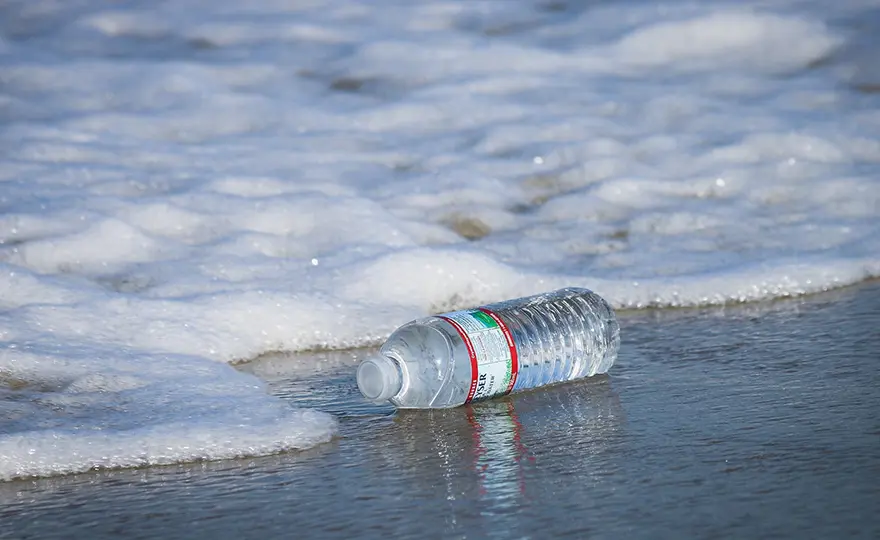ClientEarth Communications
6th May 2020


Taking a stand against unnecessary plastic – our first win in Antwerp
The EU is fighting to move away from single-use plastics.
And while lawmakers wage war with lobbyists to do so, petrochemicals company Ineos is gearing up to build a €3bn plastics refinery in the Port of Antwerp, sitting just alongside the border between Belgium and the Netherlands.
This plant – known as “Project One” will have a huge climate and environmental impact, both on its doorstep and across the world. So we took action and we’ve just had our first win.
The way Ineos has applied for permission to build this refinery is laden with issues.
Industrial installations like this must be rigorously assessed before they are approved, to make sure their environmental impact has been properly taken into account.
But Ineos submitted three separate Environmental Impact Assessments (EIA) – one for deforesting the area needed for the plant, and one for each of the refinery units themselves.
Splitting a project up like this for approval is called ‘salami-slicing’. In theory, this makes it easier for authorities to approve it as only one stage of the project is examined at a time. The total impact of the plant is obscured, which is illegal under EU law.
Creating plastics has ramifications at a global scale as well as a local one, and these considerations were not reflected in the planning documents submitted to the Flemish authorities.
So we took legal action. Last year, we submitted an administrative appeal to Ineos’s EIA for deforestation of the land they want to build on. We asked to see a comprehensive EIA, that reflected the full impact of Project One.
While we’ve been waiting for the hearing, Ineos has started work on doing exactly that – a win for our lawyers before we’ve even gone to court.
It is only a first step in what could be a long fight – there are plenty more issues with the plant and with its new proposed EIA. But we’re here for the long haul.
Ineos’s plans in Antwerp will expand the existing plastics facility in the Port, which already risks causing serious environmental problems. Lentil-sized plastic pellets – which are the output of the plant – are leaking into protected conservation sites, and can be eaten by wildlife. What’s more, the long-range air pollution issues caused by the plant’s high stacks currently go unchecked.
These are just the local problems – the broader issue is the climate impact of a plastics industry that the fossil fuel industry is fighting to grow.
Plastics refineries take a ‘feedstock’ – like oil or shale gas – and apply a huge amount of heat and pressure to ‘crack’ the hydrocarbons down into smaller hydrocarbons – eventually producing the building blocks needed to create plastic. It’s hugely carbon-intensive, not only because of the energy required to break-down the gas, but also because of the climate impacts of extracting and transporting the fossil fuels that serve as feedstock, which are often shipped from the United States.
Yet more and more of these plants have been cropping up. A future for plastics means a future for fossil fuels.
Project One is the tip of a global iceberg. The plastics lobby is fighting daily to clear the way for plastics expansion, whether in the EU or US – and by some accounts, presenting arguments relating to the coronavirus crisis to justify lobbying for a delay to regulations restricting the production and use of single-use plastics.
To get on top of the global plastic deluge – and make sure that the fossil fuel industry’s fight for survival does not materialise as a burgeoning plastics industry – we will keep challenging these unnecessary plants, every step of the way.